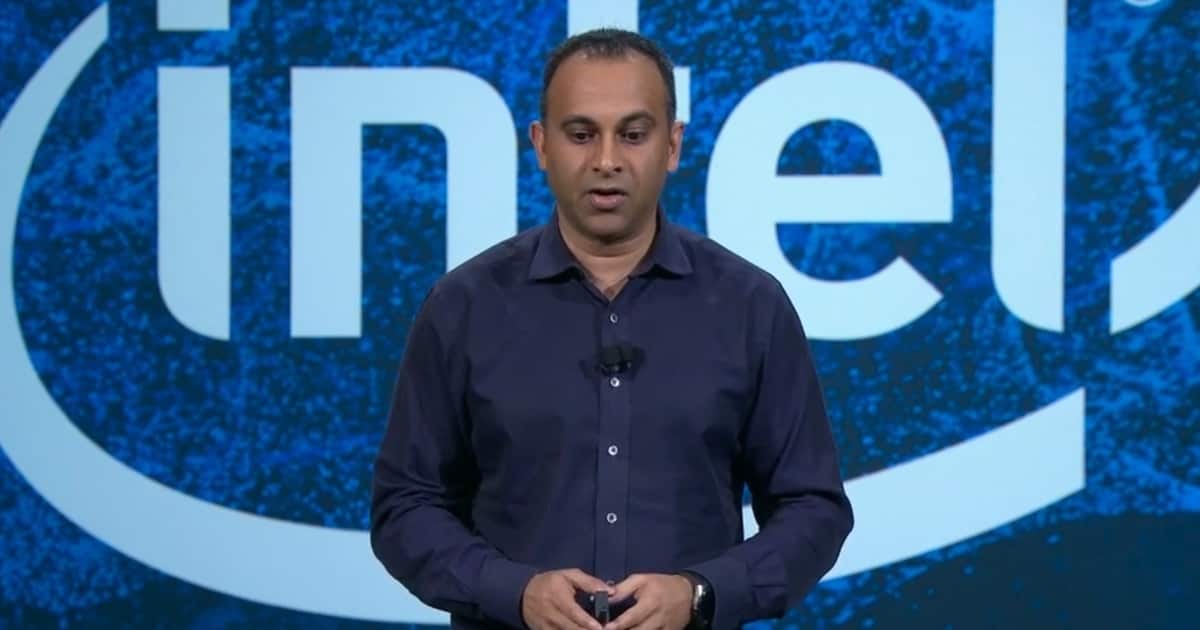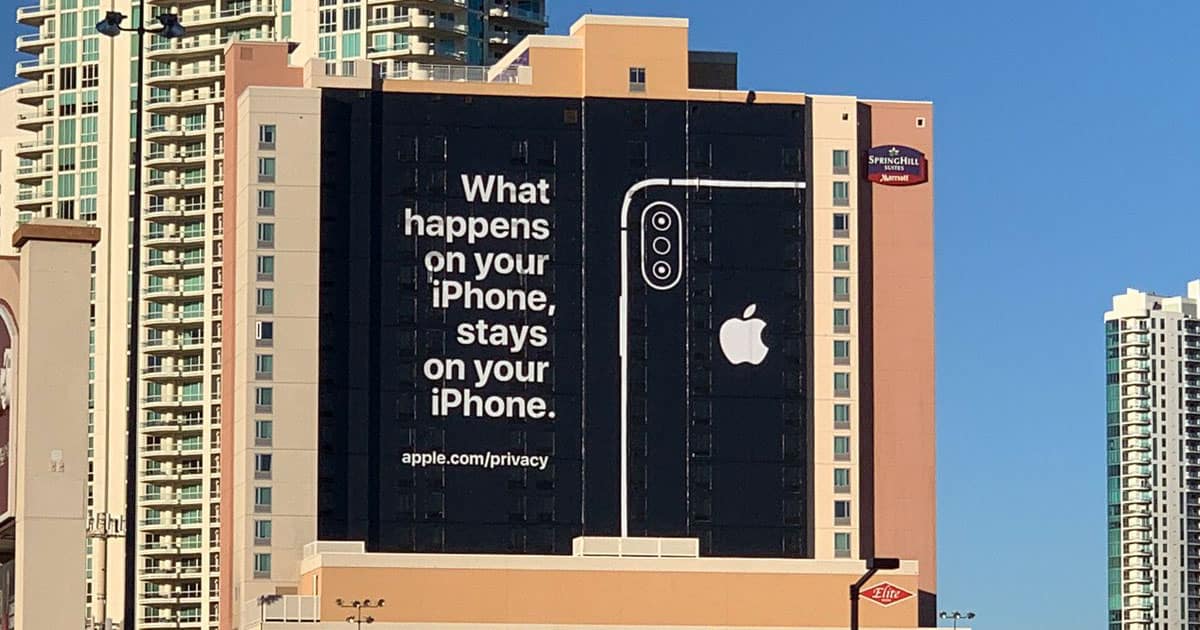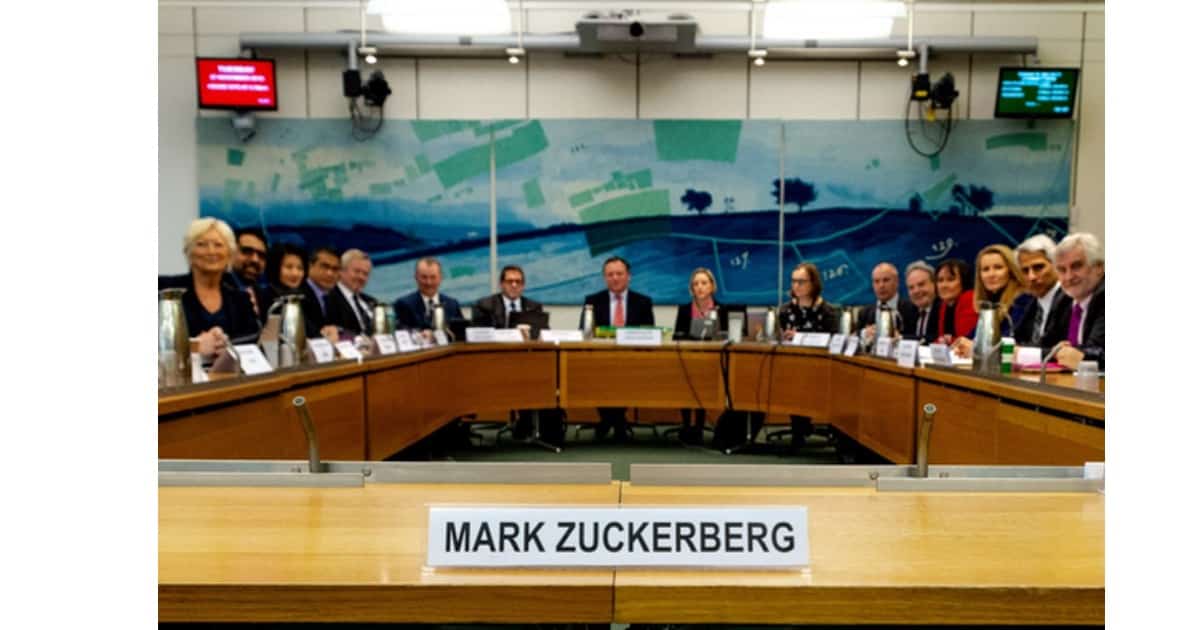Tech firms spent a record amount lobbying the U.S. Government in 2018. Re/Code reported that Apple spent $6.6 million, slightly down from $7.2 million the year before. Although significant, Apple’s outlay was lower than that of the other major tech firms. For example, Google spent $21 million, while Amazon spent $14.2 million, and Facebook spent $12.6 million. Microsoft too outspent Apple, spending $9.5 million. In total, the firms invested $48 million in lobbying in 2018, up 13% from the year before.
Lobbying growth among the tech giants — especially companies that leverage user data for advertising revenue — comes as they are falling under increased government scrutiny. Facebook in particular faces a record Federal Trade Commission fine over apparent violations of data privacy practices in the Cambridge Analytica scandal that was revealed last year.











